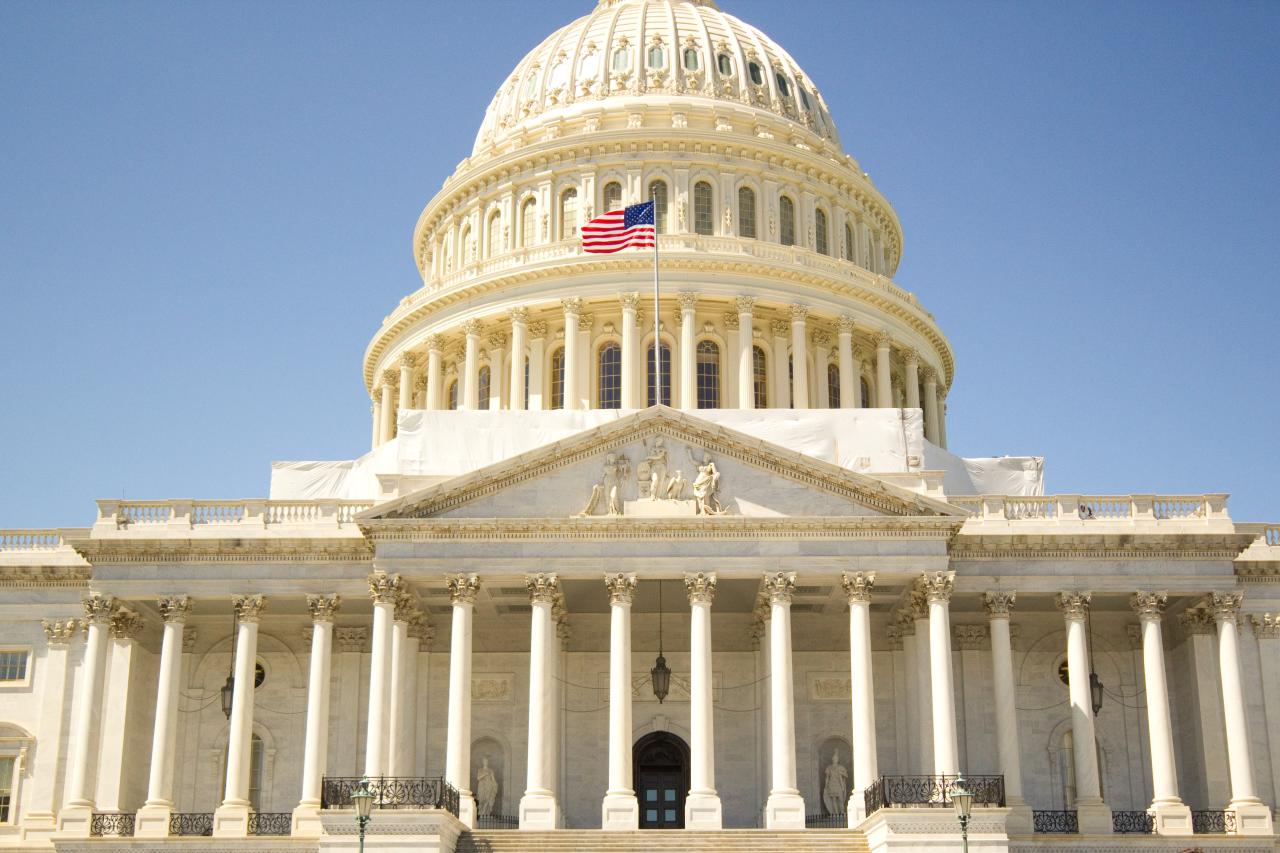Event: Privacy Uncertainty Threatens U.S. Tech Company Growth
Lunch Briefing: Privacy Uncertainty Threatens U.S. Tech Company Growth Friday, February 27, 201512:00 - 1:00pmRHOB 2203RSVP: actbriefing.eventbrite.com Governments around the world are using uncertainty surrounding U.S. law enforcement data collection to stall [...]
My Life in Apps: Managing a Crazy Busy Family
Hi! I'm Debbie Rose. In addition to working as an intellectual property fellow here at ACT | The App Association, I try my best to keep a very busy family running smoothly. [...]
LEADS Act critical to future of innovation economy
Today Senator Orrin Hatch announced he will introduce the Law Enforcement Access to Data Stored Abroad Act (LEADS Act). This legislation is critical for the future of American companies that [...]
ACT | The App Association announces support for The Startup Act of 2015
ACT | The App Association is proud to announce its support for The Startup Act of 2015, introduced by Senators Jerry Moran and Mark Warner. The bill would go a [...]
ACT | The App Association applauds the Innovation Act
ACT | The App Association applauds House Judiciary Committee Chairman Bob Goodlatte for reintroducing the Innovation Act with broad bipartisan support. Executive Director Morgan Reed released the following statement in support of [...]
#tbt: Six Months of Our Lives in Apps
If you’ve been following our My Life in Apps series the past six months, you’ve learned about the many ways ACT | The App Association’s staff relies on apps. And [...]





